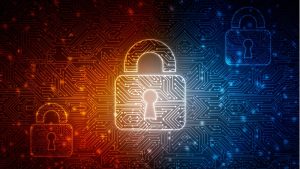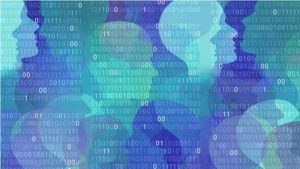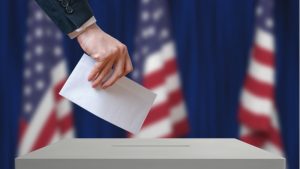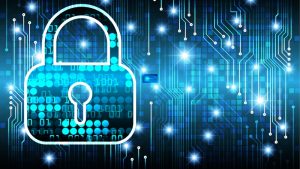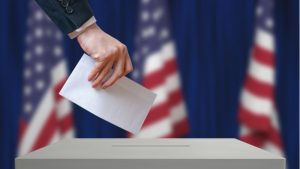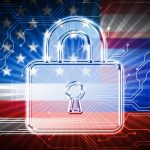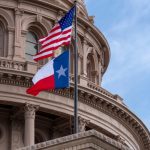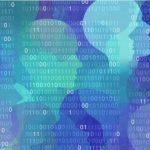Cybersecurity training and education programs need to emphasize systems engineering perspectives in order to fully understand system vulnerabilities, said leaders from the National Institute of Standards and Technology (NIST) during an Oct. 10 webinar hosted by the agency’s National Initiative for Cybersecurity Education (NICE).
The Senate Commerce, Science, and Transportation Committee heard testimony today detailing the workings of data privacy laws in Europe and California–specifically the European Union’s General Data Protection Regulation (GDPR) and the California Consumer Privacy Act (CCPA)–amid a growing groundswell for Congress to work on a national data privacy law for the U.S.
Gov. Jerry Brown on Sept. 28 signed into law S.B. 327, which will ban companies from selling Internet-connected devices with weak or default passwords, such as “Password” or “1234567.” Instead, beginning on Jan. 1, 2020, all devices must have a “preprogrammed password [that] is unique to each device manufactured.” A primary concern with weak pre-programmed passwords is that users don’t change them to strong, unique passwords after purchasing the device.
California Governor Jerry Brown on Sept. 29 signed S.B. 1001 into law. The legislation prohibits automated accounts–colloquially known as bots–from pretending to be human when attempting to “incentivize a purchase or sale of goods or services in a commercial transaction or to influence a vote in an election.”
Sen. James Lankford, R-Okla., told Politico to expect an updated version of the Secure Elections Act to hit the Senate floor next month.
The general election in 2016 was a watershed moment for Federal, state, and local election officials.
Cybersecurity firm FireEye said it has been tracking a malicious cyberattack against Click2Gov, a software used by local governments to allow citizens to pay utility bills, building permits, and business license fees online.
The Department of Homeland Security’s National Cybersecurity & Communications Integration Center (NCCIC) is warning users “to remain vigilant for malicious cyber activity seeking to exploit interest in Hurricane Florence.” Alongside these recommendations, the Multi-State Information Sharing & Analysis Center (MS-ISAC) released a cyber intel advisory on Sept. 14, which notes an uptick in internet activity related to Florence.
The National Academies of Sciences, Engineering, and Medicine (NASEM) is the latest in a string of organizations to release its recommendations on how Federal, state, and local officials can best secure U.S. elections, including the use of paper-ballot components.
A pair of U.S. senators wrote to the heads of the Department of Homeland Security (DHS) and Federal Bureau of Investigation (FBI) on Friday, imploring them to work with social media companies to root out election interference on their platforms and asking the agency heads for more information on the steps they’ve already taken to do so.
